How R. Kelly used fame and power to abuse victims for decades
Singer jailed for 30 years for sexually abusing multiple fans
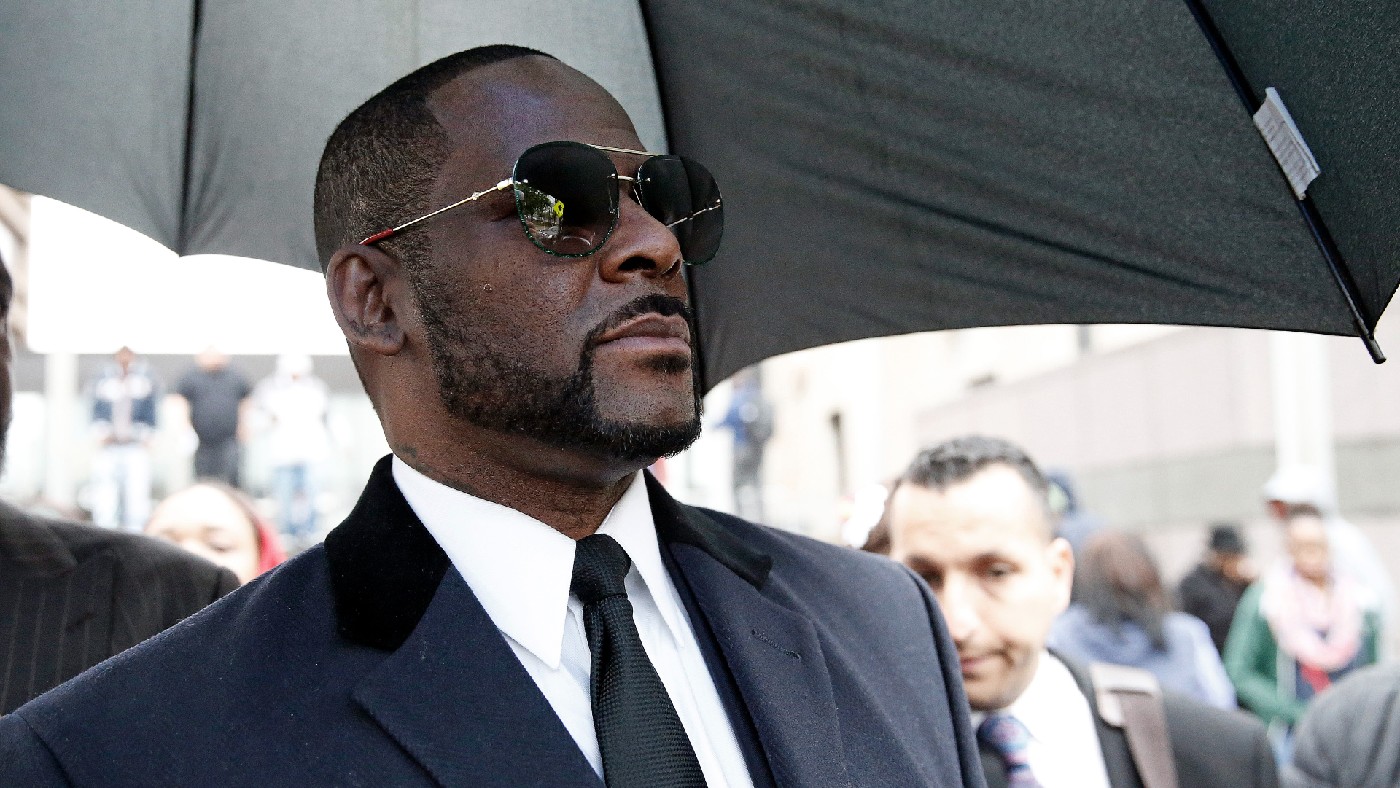
A free daily email with the biggest news stories of the day – and the best features from TheWeek.com
You are now subscribed
Your newsletter sign-up was successful
After three decades of accusations against him, R. Kelly has been sentenced to 30 years behind bars for using his status as an R&B star to sexually abuse women and children.
A jury in New York convicted the I Believe I Can Fly singer – real name Robert Sylvester Kelly – of eight counts of sex trafficking and one of racketeering last September.
The sentencing completed his “staggering downfall, from a chart-topping hitmaker known as the king of R&B to a pariah whose musical legacy has become inextricable from his abuses”, said Troy Closson at The New York Times.
The Week
Escape your echo chamber. Get the facts behind the news, plus analysis from multiple perspectives.

Sign up for The Week's Free Newsletters
From our morning news briefing to a weekly Good News Newsletter, get the best of The Week delivered directly to your inbox.
From our morning news briefing to a weekly Good News Newsletter, get the best of The Week delivered directly to your inbox.
The case is “not about sex”, US District Judge Ann M. Donnelly told Brooklyn’s Federal District Court on Wednesday. “It’s about violence and cruelty and control.”
The 55-year-old, who plans to appeal, was told by the judge that he had taught women and girls that “love is enslavement and violence”.
The sentence comes after “years of inaction”, said Closson, “despite whispers about his abuse throughout the music industry”.
The trial
During Kelly’s six-week trial last year, prosecutors presented more than 40 witnesses, including 11 people who described sexual humiliation and violence that they suffered at the star’s hands.
A free daily email with the biggest news stories of the day – and the best features from TheWeek.com
Accuser Jerhonda Pace told the jurors that Kelly had “invited her to his mansion and ordered her to take off her clothes when she was a 16-year-old virgin, and a member of his fan club, in 2010”, reported Sky News.
The court also heard from former members of Kelly’s staff including tour manager Demetrius Smith, who “was forced to testify against his will after being given immunity from future charges”, said the broadcaster. Smith told how Kelly had bribed a government official to get a fake ID card in order to marry fellow singer Aaliyah in 1994.
Aaliyah, who died in a plane crash in 2001, was just 15 when she married Kelly, then 27, in a secret ceremony following the release of her debut album Age Ain’t Nothing But a Number, which he produced.
The wait to be heard
“For decades, these black women kept asking when they would be heard, when their voices would matter,” wrote the BBC’s New York correspondent Nada Tawfik at the time. “This conviction is their Me Too victory.”
The race of Kelly’s accusers “may have been consequential”, agreed Closson in The New York Times this week.
“Black women have historically been more likely than white women to have abuse accusations distrusted or dismissed.”
Kelly came close to facing justice in 2008 in a child pornography case but was acquitted after his defence team said the identity of the girl in the video could not be confirmed.
Many credit the release of a documentary, Surviving R. Kelly, for ensuring that the allegations were finally addressed. The six-part series aired on US channel Lifetime in 2019, drawing an average of 1.9 million viewers, and featured testimonies from women who recounted stories of his violence and abuse.
The singer is due to stand trial again in August in Chicago, where is accused of producing child pornography and luring minors into sex acts.
The cover-up
Yesterday, US Attorney Breon Peace described how Kelly had used “his fame, his money, and most importantly his inner circle” to prey on children and young women.
During a series of victim impact statements read before the sentencing, one woman described Kelly as the “pied piper of R&B”.
“With every addition of a new victim you grew in wickedness, cockiness, diminishing any form of humanity or self-awareness, which soon became the breeding ground for your God-like complex,” she said.
“For years the recording industry ignored allegations against him, and Kelly seemed untouchable,” said The Washington Post. But now he is “among the highest-profile cases to spring from the #MeToo movement” and his punishment was “one of the harshest since the movement began”.
Despite the long road to justice, Peace said he hoped the “sentencing serves as its own testimony that it does not matter how powerful, rich or famous your abuser may be, or how small they may make you feel – justice only hears the truth”.
Kate Samuelson is The Week's former newsletter editor. She was also a regular guest on award-winning podcast The Week Unwrapped. Kate's career as a journalist began on the MailOnline graduate training scheme, which involved stints as a reporter at the South West News Service's office in Cambridge and the Liverpool Echo. She moved from MailOnline to Time magazine's satellite office in London, where she covered current affairs and culture for both the print mag and website. Before joining The Week, Kate worked at ActionAid UK, where she led the planning and delivery of all content gathering trips, from Bangladesh to Brazil. She is passionate about women's rights and using her skills as a journalist to highlight underrepresented communities. Alongside her staff roles, Kate has written for various magazines and newspapers including Stylist, Metro.co.uk, The Guardian and the i news site. She is also the founder and editor of Cheapskate London, an award-winning weekly newsletter that curates the best free events with the aim of making the capital more accessible.
-
 6 of the world’s most accessible destinations
6 of the world’s most accessible destinationsThe Week Recommends Experience all of Berlin, Singapore and Sydney
-
 How the FCC’s ‘equal time’ rule works
How the FCC’s ‘equal time’ rule worksIn the Spotlight The law is at the heart of the Colbert-CBS conflict
-
 What is the endgame in the DHS shutdown?
What is the endgame in the DHS shutdown?Today’s Big Question Democrats want to rein in ICE’s immigration crackdown
-
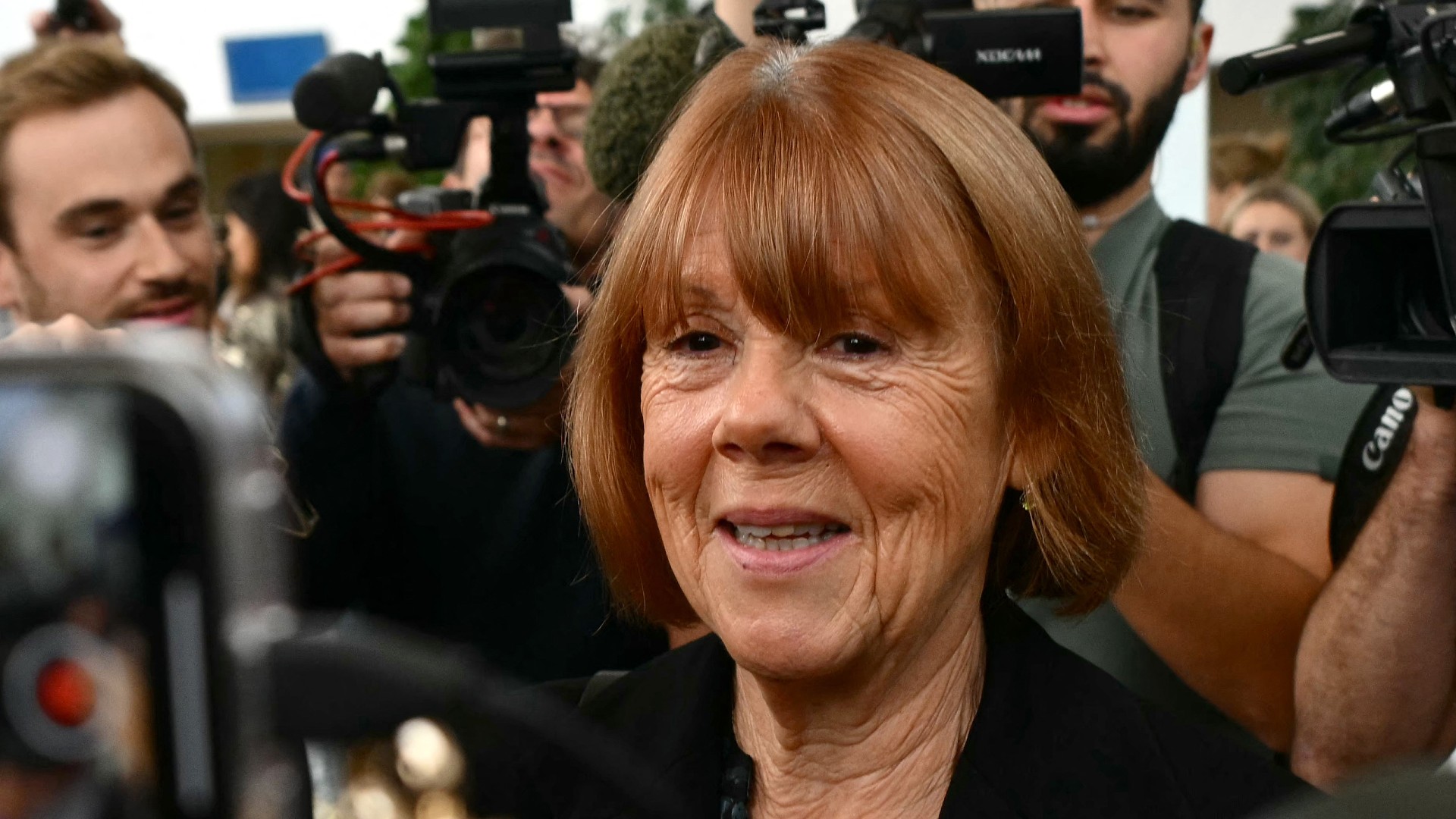 Gisèle Pelicot: the case that horrified France
Gisèle Pelicot: the case that horrified FranceThe Explainer Survivor has been praised for demanding a public trial of the dozens of men accused of raping her
-
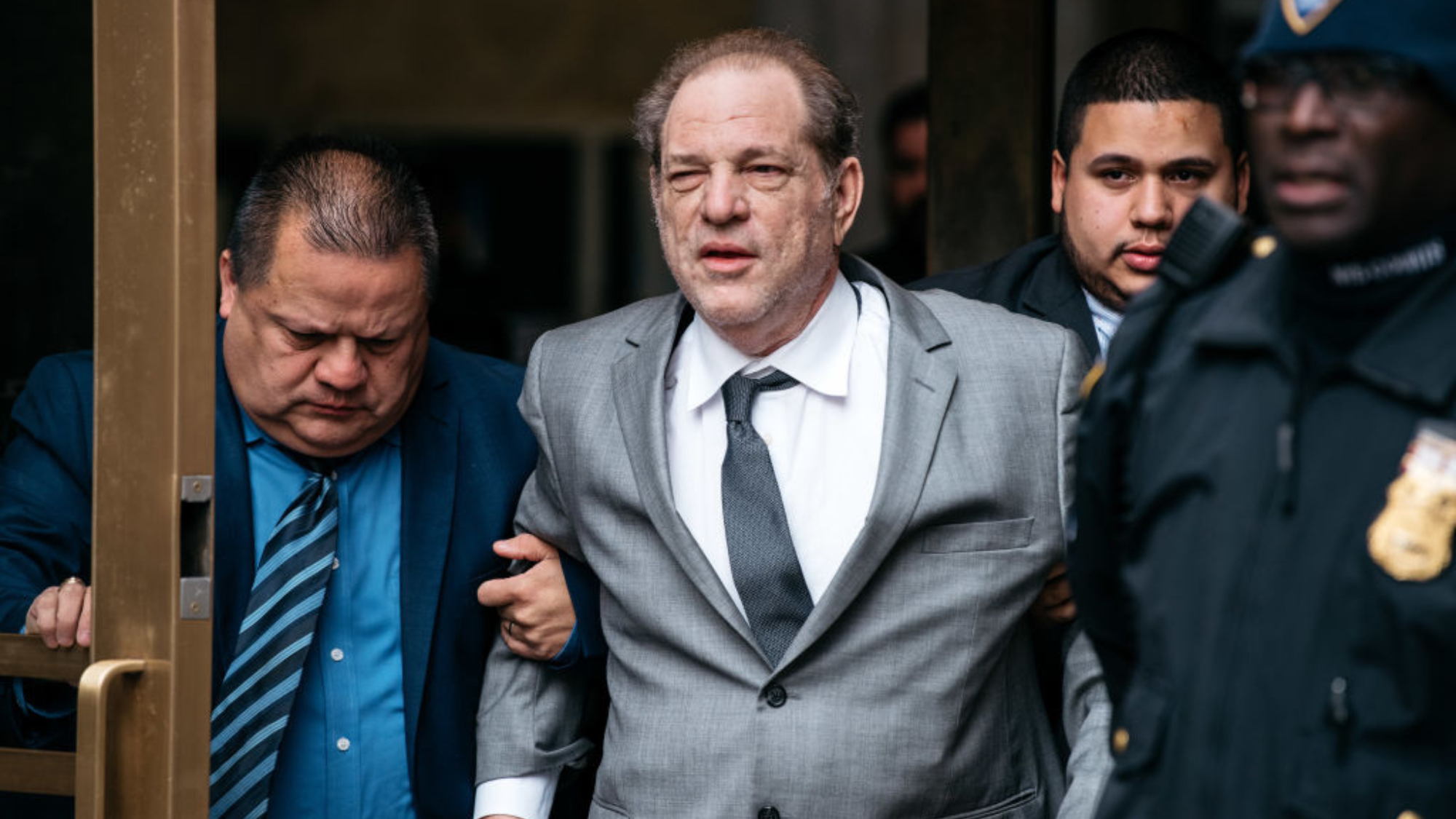 Weinstein's appeal: a blow to #MeToo
Weinstein's appeal: a blow to #MeTooTalking Points Is 'shocking' reversal of symbolic conviction a sign of weakening movement?
-
 The #MeToo movements around the world
The #MeToo movements around the worldThe Explainer French men have been sharing stories of abuse in the latest calling out of sexual assault and harassment
-
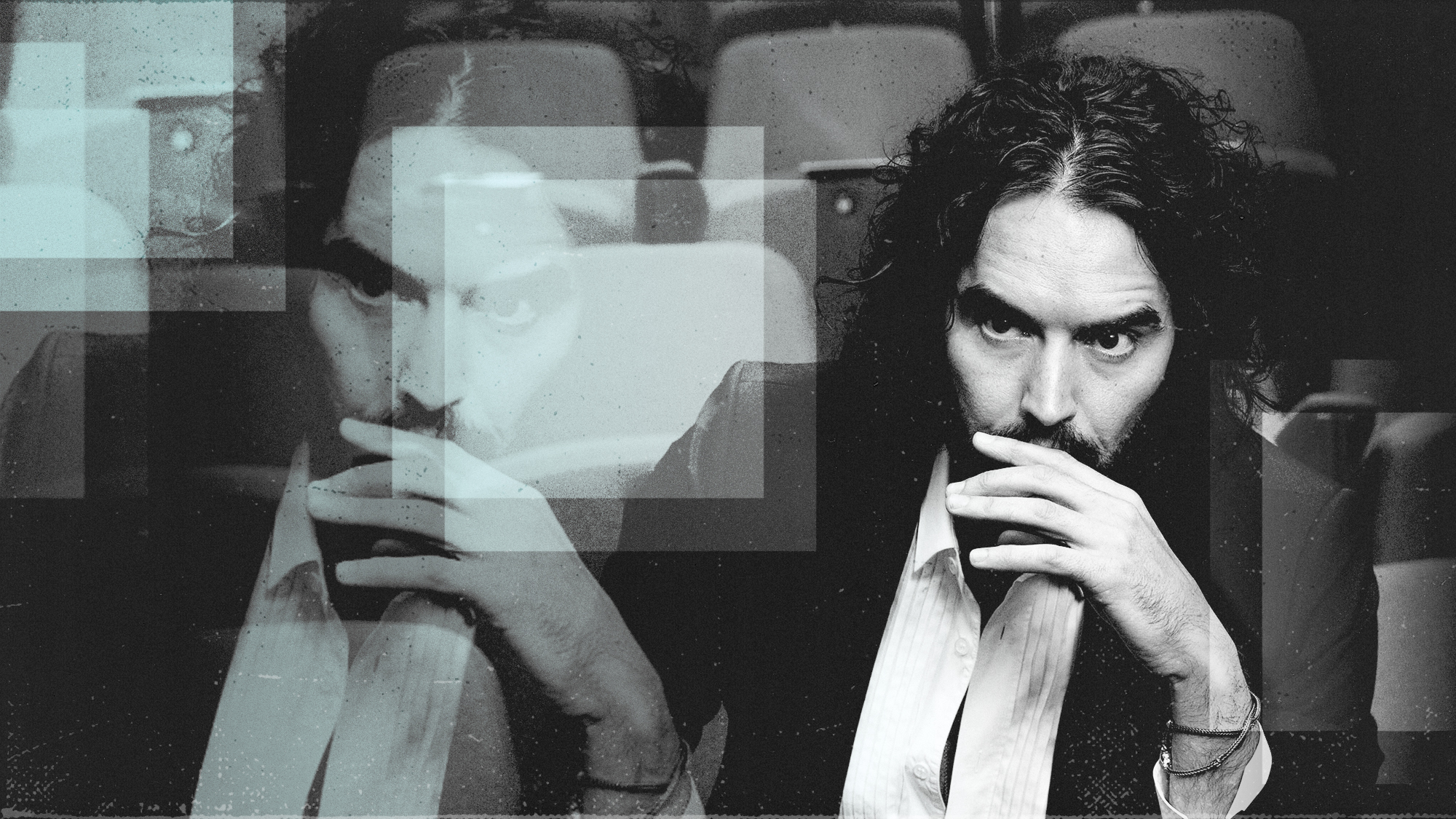 Russell Brand: trial by media?
Russell Brand: trial by media?Comedian denies accusations of sexual assault and rape in joint media investigation
-
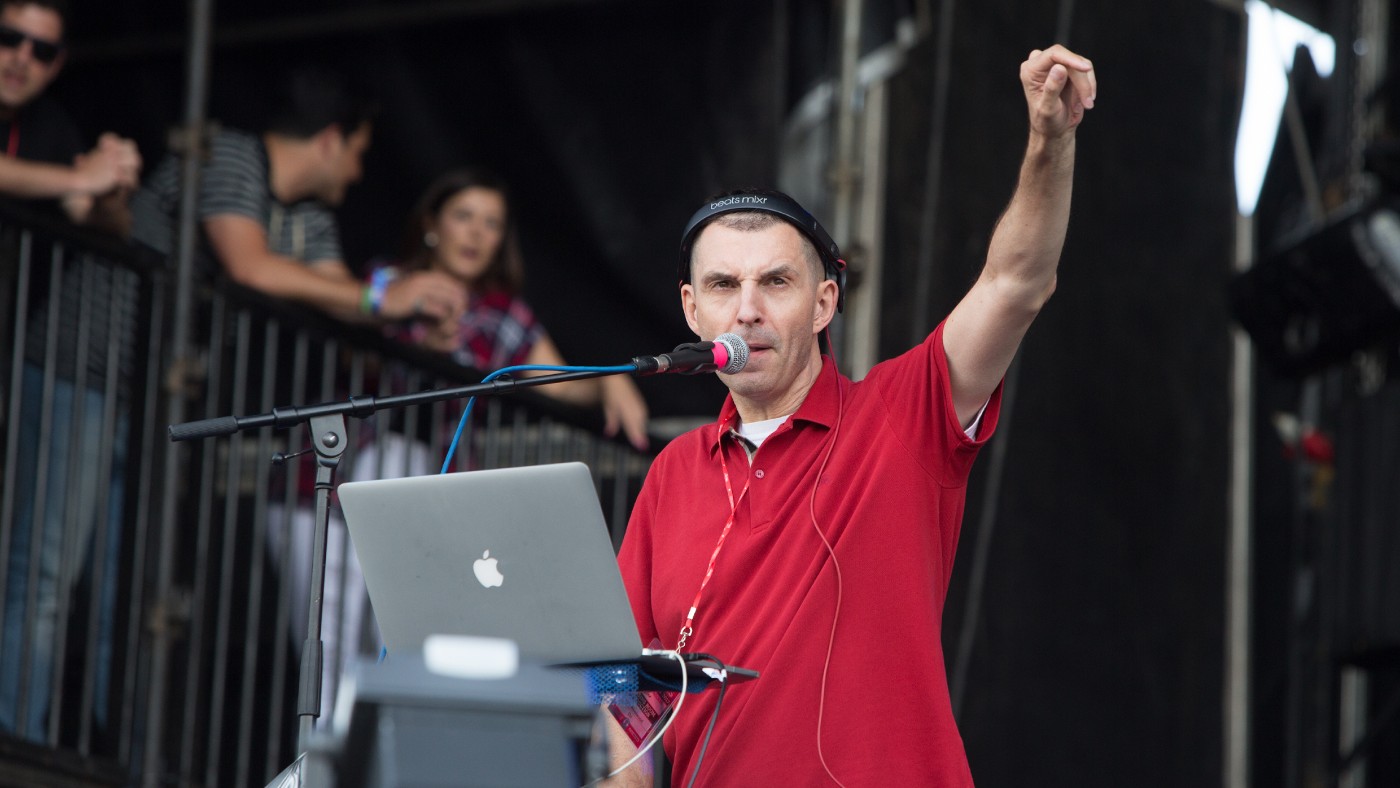 DJ Tim Westwood denies multiple sexual misconduct allegations
DJ Tim Westwood denies multiple sexual misconduct allegationsSpeed Read At least seven women accuse the radio and TV presenter of predatory behaviour dating back three decades
-
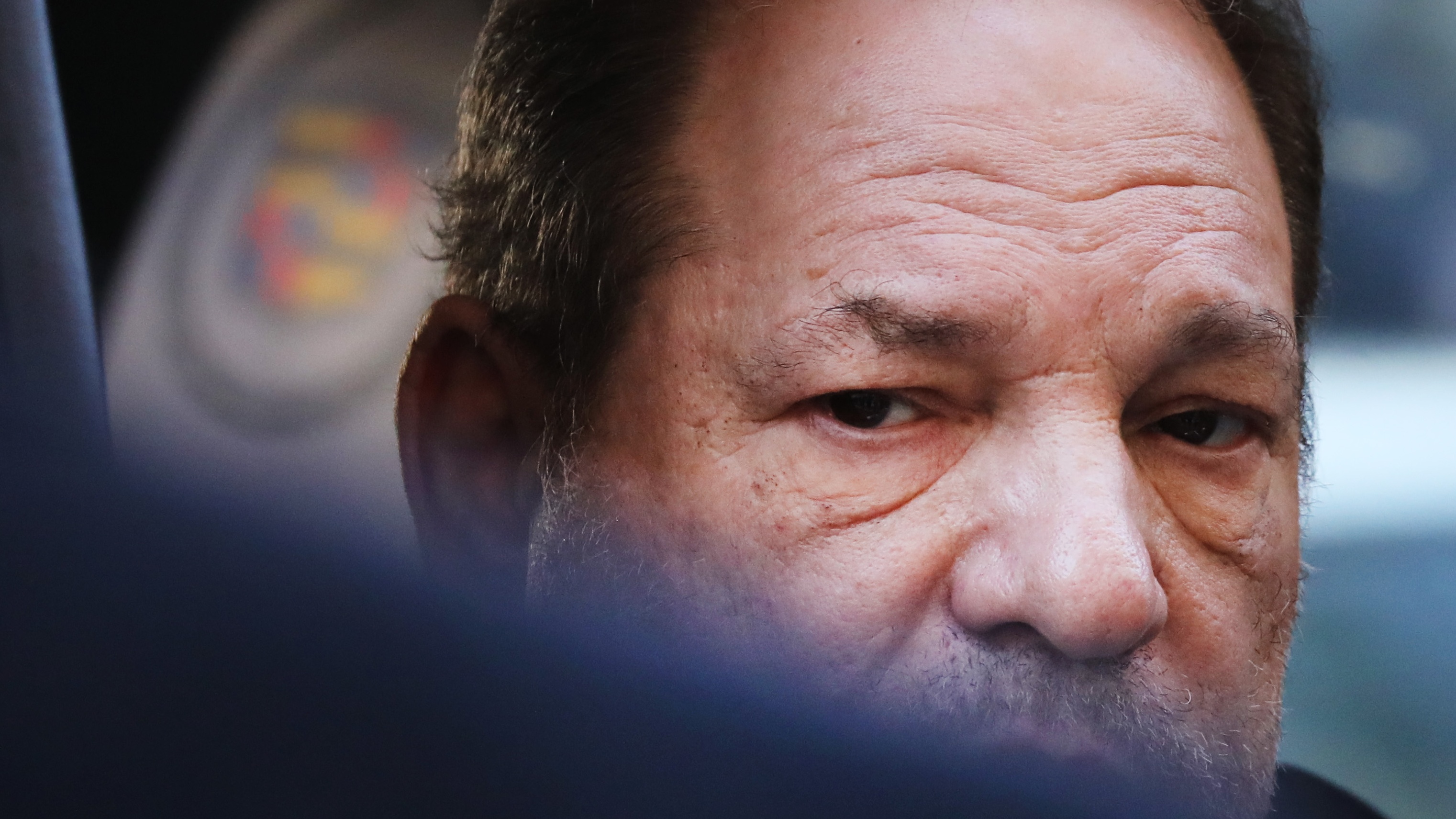 Reaction: Harvey Weinstein convicted of rape
Reaction: Harvey Weinstein convicted of rapeSpeed Read Weinstein found guilty of sexual assaults including rape in #MeToo movement landmark
-
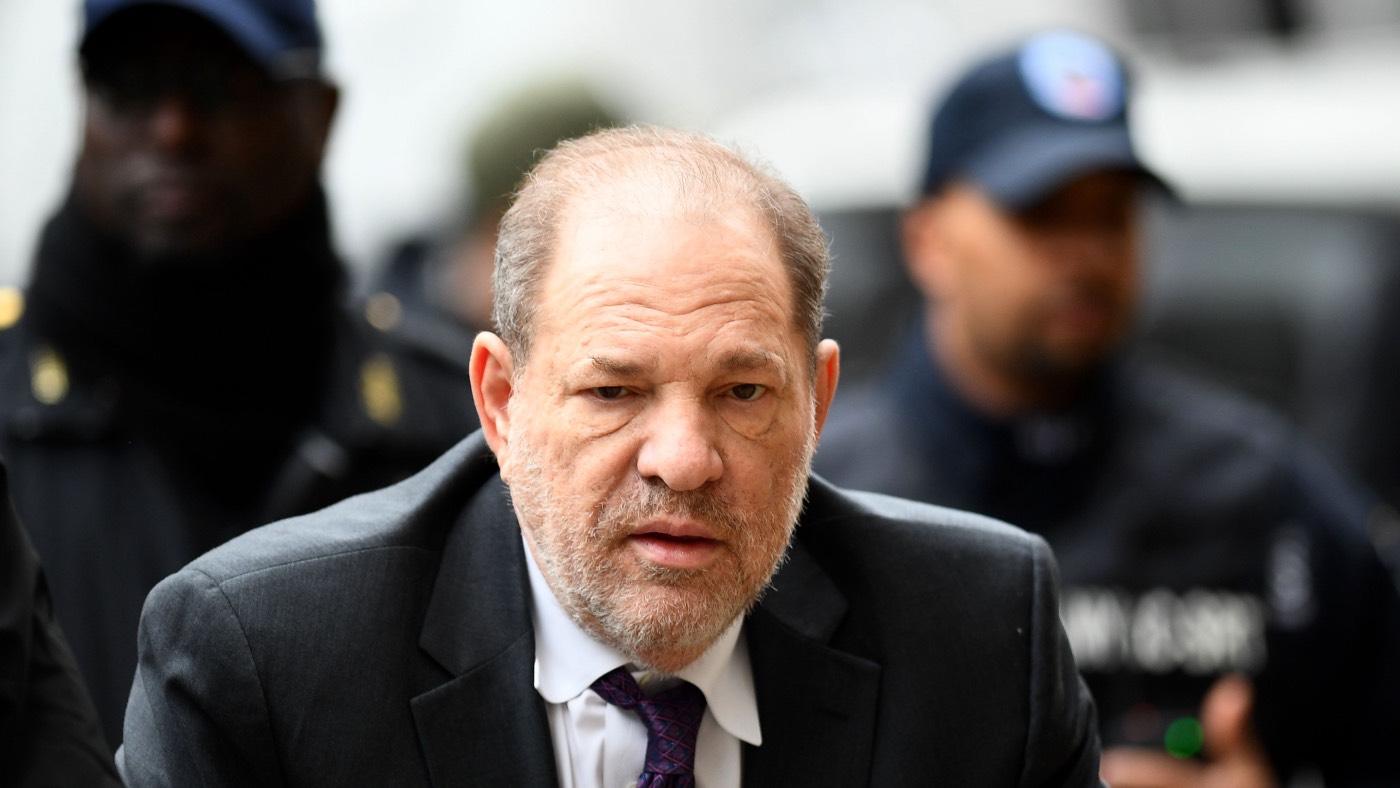 Harvey Weinstein trial set to finish early
Harvey Weinstein trial set to finish earlySpeed Read Lawyers could deliver closing arguments within days
-
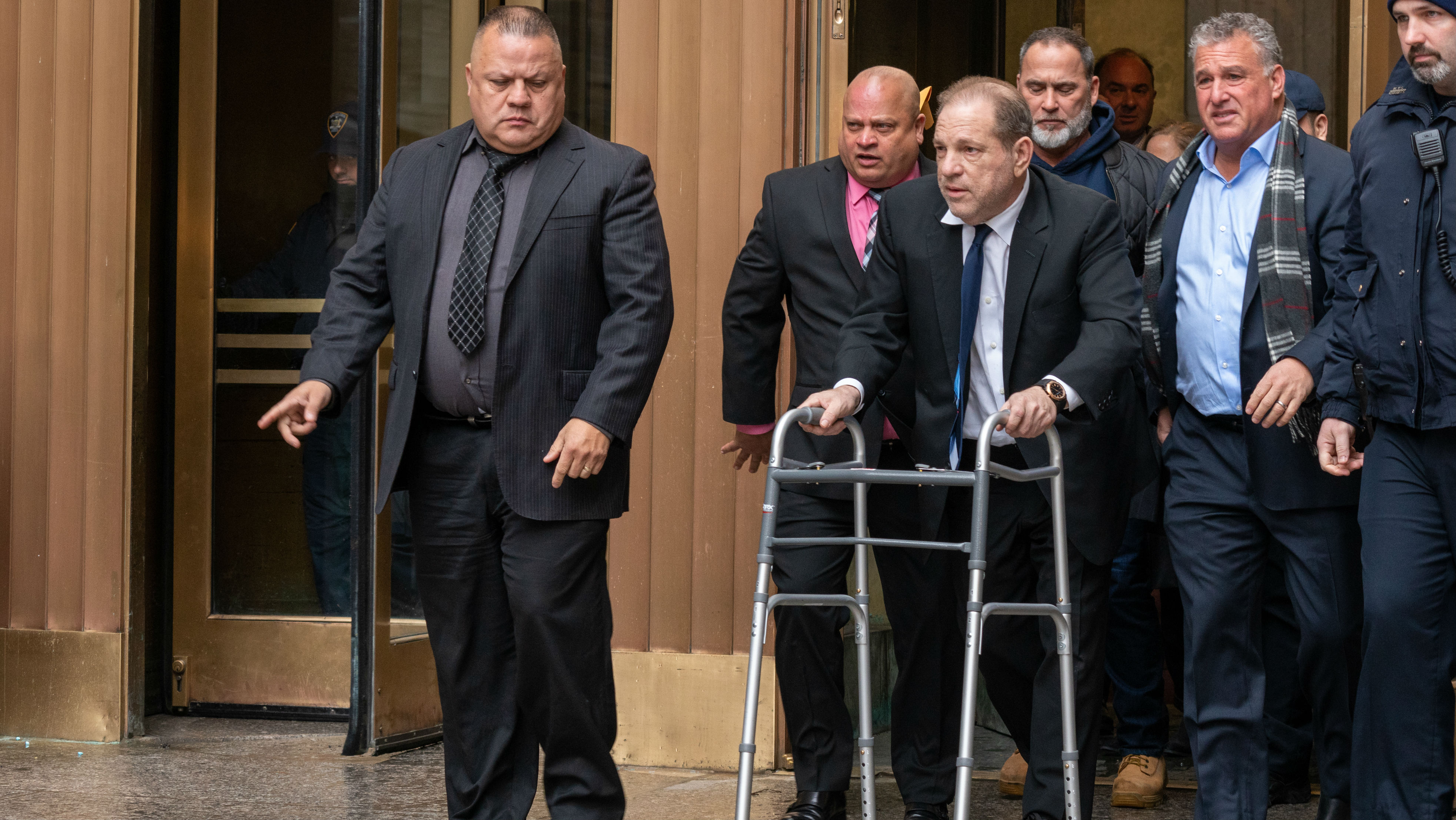 Harvey Weinstein faces LA rape charge, as New York trial gets under way
Harvey Weinstein faces LA rape charge, as New York trial gets under wayIn Depth Disgraced Hollywood producer faces new charges of rape and sexual assault